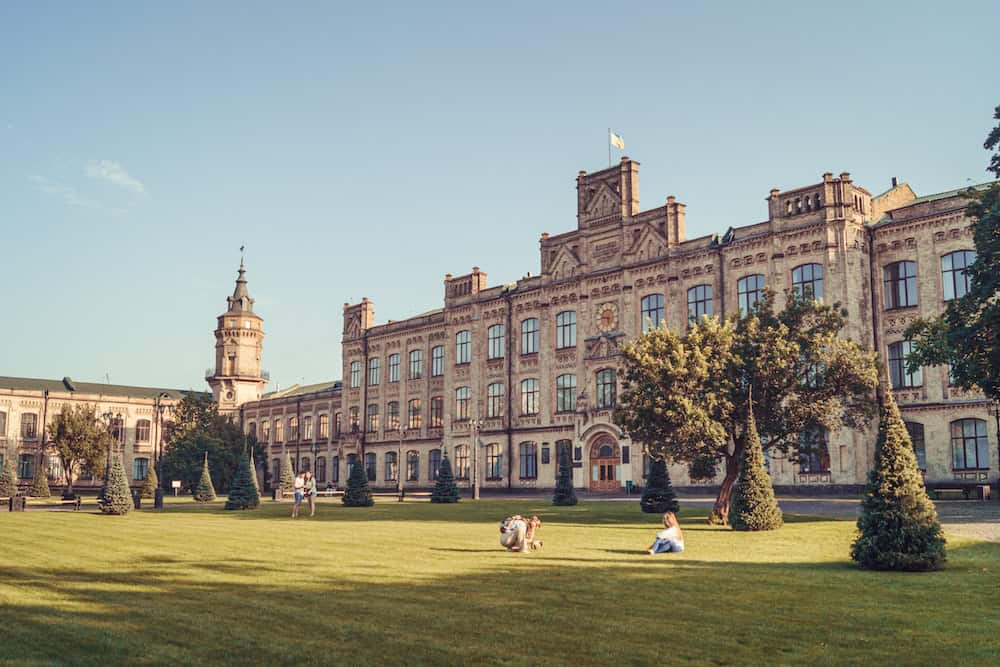The minister who deals with higher education in Ukraine urged academics in temporary positions across Europe to “come home” amid the ongoing risk of brain drain.
Ukraine, which was invaded by Russia in February 2022, saw over 14 million people leave the country throughout 2022, according to the government.
Mychailo Wynnyckyj, the deputy minister of education and science, specialising in higher education in the country, made an emotive plea to European institutions to consider what they may be taking if they offer certain positions to Ukrainian academics.
“We are witnessing our top researchers being offered three-year fellowships to continue their research work. There’s nothing in principle wrong with the three-year fellowship,” Wynnyckyj conceded at the Going Global conference in Edinburgh in late November.
“But we need to understand that the three-year fellowship will become a five- to 10-year employment contract very soon.
“In other words, there is a sort of a soft encouragement of brain drain that we’re seeing in a lot of continents and institutions, particularly those that are the top researchers,” he explained.
He argued that large portions of the country are “relatively safe”, especially in the west of the country, where many international students were studying in cities such as Lviv.
The decision between encouraging people to “stay where they are” or “encourage them to come home” was made with careful consideration from the ministry, Wynnyckyj said.
“I think that the message from our ministry and from our government is ‘Dear Ukrainians – it’s time to come home’.
“We are grateful for the opportunities and we would like to continue the cooperation with UK and European and worldwide institutions. That’s important, but we’re in a state where we’re starting to rebuild,” he reasoned.
Rachel Sandison, PVC International at the University of Glasgow, whose university twinned with three different Ukrainian institutions as part of Cormack Consultancy Group and UUKi’s #TwinforHope campaign, mentioned their work with the African Research Universities Alliance.
“We’ve been talking a lot about brain circulation. One of the real issues is the African continent has this number of PhDs and it is timely, and we’re looking to grow it really significantly,” Sandison said.
“What we are not looking for is for us to take the talents, uproot them from their institutions, supplant them in the UK and then as [Wynnyckyj] said, offer them a postdoc, early career researcher and so on, and then only 20 years later do they possibly think about going back.”
“Dear Ukrainians – it’s time to come home'”
Wynnyckyj also made the case for, in the short term, student mobility to be perhaps limited.
“It is currently the policy of the Ukrainian government that we are trying to encourage mobility of students, but not longer than one semester.
“That may seem wrong, that may seem inhumane, that may seem negative – but like I said, we need our brains at home,” he added.
The European University Association previously warned that “fluid exchange” would be needed to prevent a permanent brain drain in the midst of the war.











